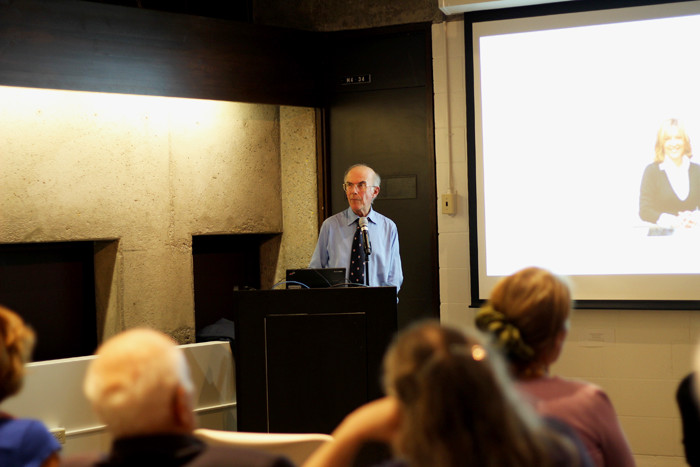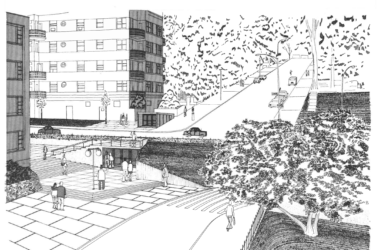An institution with a rich history, McGill has been at the centre of controversies, conflicts, and debates since its founding. On Sept. 25, Professor Peter F. McNally, a professor emeritus at the School of Information Studies in the Faculty of Education and the director of the History of McGill Project, delivered the lecture “Radicalism and Conservatism: Student Life at McGill.” The talk focused on McGill students’ radical and conservative views birthed in the ‘60s and how they have played a role in defining McGill today. In an interview with the The McGill Tribune, McNally discussed McGill’s dynamic political history.
McGill Tribune (MT): Would you say that McGill has earned a reputation for being a radical university? How so?
Peter McNally (PM): McGill earned a reputation for being the most radical university in Canada [in the ‘60s]. I think it was the fact that, in the ‘60s, McGill hired […] new faculty [members], many of whom came from the States and were quite radical. McGill has always had a high international enrollment, so you had a lot of American students here in the late ‘60s, and I think a lot of it had to do with their ideas and the SDS [Students for a Democratic Society], which basically factored control [over] SSMU and the McGill Daily [….] There’d be occupations of the principal’s office, political rallies, huge demonstrations.
MT: Was McGill unique in this regard compared to other universities at the time?
PM: Other universities [were similar to] this. It’s just that, at McGill, it was that much more intense. [Activism was] happening, to a greater or lesser extent, everywhere, but, somehow, at McGill [activism] just captured the headlines, partly because it’s Montreal and partly because of McGill’s reputation.
MT: Do you believe that McGill’s location in Montreal played a role in this history?
PM: Without a doubt. McGill University is an English-language university in a jurisdiction where the official language is French. Now, English of course does have official status in Quebec, partly because parliament passed the Official Languages Act [….] But, even so, the official language of Quebec is French, and there are very few examples of a university operating in a different language from the official language of its jurisdiction. I think this gives a particular edge to McGill. We tend to see the world in a slightly different way [because] we are in [Montreal].
MT: How would you characterize McGill’s history of radicalism?
PN: Cutting edge […and] optimistic. These are still parts of the identities of McGill, but I don’t know that [they are] the full definition [of the university’s present-day identity].









